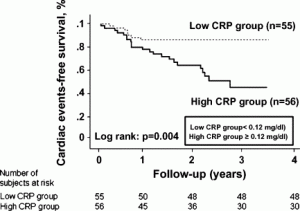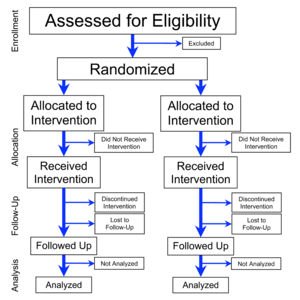Introduction
Men need testosterone for the male menopause as their testicles no longer produce enough of the male hormone. At a recent continuing education meeting at the University of Calgary in Alberta/Canada, which was reported in the Jan. 14, 2003 edition of the Medical Post, Dr. Norman Wong (professor of medicine, biochemistry and molecular biology) reviewed the symptoms, investigations and treatment modalities available for men who experience andropause (the male equivalent of menopause). They are as follows (my summary in table form).
Here is a link to the ADAM questionnaire regarding andropause by Dr. Morley, a geriatrician at the St. Louis University in Missouri. If you answer “yes” to question #1 and #7 (sexual dysfunction or lack of sex drive) or if you answer “yes” to any three of the other total of 10 questions, you should see your physician and ask for a testosterone blood test.
The testosterone blood test
What should you know about testosterone blood tests? What counts is the free testosterone or bioavailable testosterone. Dr. Ronald Swerdloff, professor of internal medicine and endocrinology at the UCLA School of Medicine in Torrance, California, stated at this conference that testosterone production decreases with aging, but is actually also one of the causes of aging. Testosterone levels decrease 1% to 2% every year from the age of 30 onwards. However, the sex hormone binding protein (SHBP) can buffer these changes for a certain period of time, if the SHBP is binding less testosterone thus keeping the free or biologically available testosterone relatively stable for a number of decades or years.
Replacement of missing testosterone
Often, however, the andropausal men who need testosterone replacement have high SHBP levels. Nobody knows why some men have problems earlier than others. So, if the free testosterone serum level is low (and the LH and FSH hormones are low or normal) this means that this man should have testosterone replacement therapy, if there are also clinical signs and symptoms of hormone deficiency.
Gonadotropins
As can be seen from this link to menopause in women , the pituitary hormones LH and FSH, which are also known as gonadotropins, should be high to indicate that the feedback mechanism between the estrogen (or in the male the testosterone) no longer suppresses the production of these gonadotropins. The fact that this mechanism is lost in most older men shows that the hormone deficiency is likely much more profound than a simple deficiency, it may actually be indicative of the aging process of the hormone glands themselves. The good news though is that with a simple testosterone patch this can be fixed. Your doctor can discuss this further with you.
Injections of testosterone
Other possibilities are injections every 3 to 4 weeks with a Depo-testosterone hormone preparation or tablets. However, with the tablets the problem is that this will get metabolized in the liver and higher amounts of hormone are required to overcome the liver barrier. Liver cancer has been reported in a small percentage of men taking tablets for a long period of time. I think that testosterone tablets are not safe for this reason. Prostate cancer is the other worry and regular PSA tests and prostate exams should be done by your doctor. No clinical trials are available regarding the safety of long term testosterone replacement in andropausal men. Dr. Swerdloff recommended to replace only in the lower dose range to the point where the free testosterone serum values are just barely in the normal range and the clinical signs and symptoms disappear. Avoid overtreatment with testosterone.
| Andropause symptoms (male menopause) | |
| Symptoms: | Comments: |
| loss of sex drive (libido) | testosterone from the testicles, is responsible for a normal sex drive |
| erectile dysfunction (impotence) |
inability to have sustained erections |
| loss of male characteristics | loss of male type hair distribution, deep voice, muscle mass etc. |
| fatigue and depression | brain hormones dysbalanced from low testosterone levels |
| decrease in muscle mass, increase in fat mass | lack of testosterone responsible for muscle loss and change in bone metabolism |
| oligospermia or azoospermia | too little sperm count or no sperm present |
Additional information about effects of testosterone
Addendum Nov. 2, 2012: At the 19th Annual World Congress Anti-Aging and Aesthetic Medicine in Las Vegas (December 8-10, 2011) Dr. Abraham Morgentaler, a Harvard trained urologist explained that with bio-identical testosterone replacement there is no longer any concern about prostate or liver cancer with long-term use. It has been one of the “medical myths” that has been around. Dr. Morgentaler also noted that testosterone replacement is safe and actually prevents prostate cancer. He suggested replacement of testosterone with blood values being in the higher range of normal.
See also link to andropause/male menopause from the Net Health Book.








